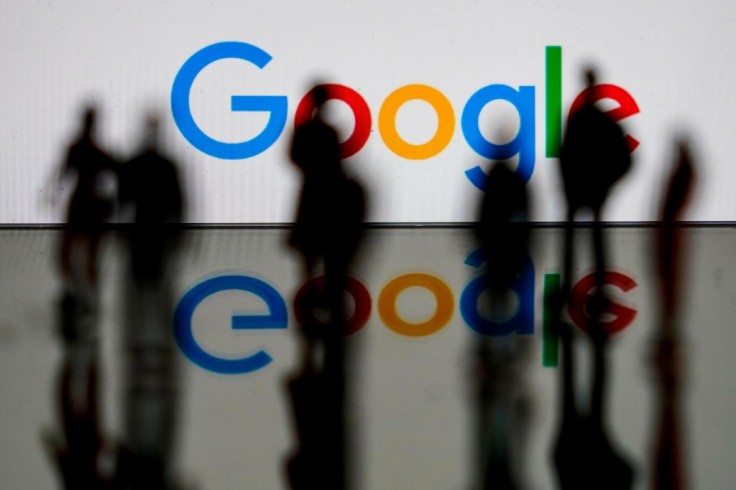
Google disclosed on Tuesday that they have disrupted a botnet, called Glupteba, that targets Windows devices and uses blockchain technology to secure itself.
Luckily, there are simple ways to protect Windows PCs from botnets.
Google: New Botnet Infects 1 Million Windows PCs
According to the American multinational technology company Google, the virus has affected over 1 million Windows PCs around the world, making it one of the biggest known botnets currently.
For those who do not know, Botnets are networks of computer systems that have been hacked and are used to carry out different schemes and cyberattacks, per Kaspersky. The name "botnet" is derived from the word "robot" and "network," and the creation of a botnet is typically the first step in a multi-layer attack.
Botnets are being used to execute large-scale cyberattacks such as security breaches, server failure and malware dissemination. Aside from this, it is also used for financial theft, cryptocurrency scams and selling access to other cybercriminals.
Moreover, Engadget added that a botnet is a collection of infected computers or internet-connected devices that are all controlled by the same person. For instance, Google stated in their blog that the identified botnet is associated with two Russians.
The said identified Botnet is named Glupteba.
Glupteba Malware Steals Data and Mines Cryptocurrencies
Aside from the fact that the Glupteba botnet currently has over 1 million infected Windows PCa throughout the world, Google stated that there is a possibility that it may expand at a rate of thousands of new devices per day.
Furthermore, Glupteba is known for stealing users' passwords and credentials, mining cryptocurrencies on infected computers, and establishing proxies to reroute other people's internet traffic through infected workstations and routers.
In terms of the affected countries, Google's Threat Analysis Group (TAG) stated that the botnet is attacking victims all around the world, including the United States, India, Brazil and Southeast Asia.
Google's Action to Glupteba Malware
In the statement released by Google, they assured people that they are doing their best to stop the spread of the malware.
Decipher added that the Glupteba botnet has numerous distinct characteristics that make it especially resistant and difficult to take down. The primary distinction between Glupteba and other bot networks is that Glupteba includes backup command-and-control systems on the Bitcoin blockchain.
Due to this matter, Google attested that "We are working closely with industry and government as we combat this type of behavior so that even if Glupteba returns, the internet will be better protected against it."
Apart from disrupting the said malware, the tech giant also furthered that they are suing the two Russians who are linked to the malware.
"We filed the action in the Southern District of New York for computer fraud and abuse, trademark infringement, and other claims. We also filed a temporary restraining order to bolster our technical disruption effort. If successful, this action will create real legal liability for the operators," Google stated.
The company publicized the 60-page lawsuit against the cybercriminals.
How to Protect PCs from Botnets?
Given the risks that botnet malware brings, it is worth important to know that people should not just safeguard their devices but themselves as well.
Luckily, Kaspersky shared a few tips to protect PCs from botnets.
- Passwords for each device must be updated regularly.
- Avoid purchasing products that have a low level of security.
- People must be cautious on any email attachments.
- Windows PCs must have an effective anti-virus software.









